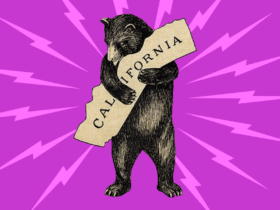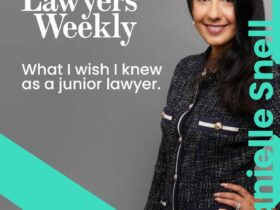The internet makes it easy for anyone to post content anonymously. But when that content crosses the line into false and damaging statements, the question often arises: Can you sue someone for libel if you don’t know who they are?
The short answer is yes. It is possible to take legal action against an anonymous author for online libel. However, there are legal steps and challenges involved. If you or your business has been harmed by an anonymous post, review, or comment, here is what you need to know.
What Is Libel and How Does It Apply Online?
Libel is a type of defamation that involves false written statements made publicly that harm someone’s reputation. In the online world, this includes blog posts, comments, social media posts, online reviews, and articles.
If a false statement is published online and causes real harm to a person or business, it may meet the legal definition of libel.
Can You Sue Someone If You Don’t Know Who They Are?
Yes, you can. Courts allow plaintiffs to file lawsuits against anonymous parties under a placeholder name such as “John Doe.” The goal in these cases is to identify the anonymous author through a legal process known as “unmasking.”
Once the author is identified, the plaintiff can amend the complaint to name them directly and continue the lawsuit.
How Does the Legal Process Work?
To identify an anonymous author, your legal team may need to request subpoenas directed at the website, platform, or internet service provider where the content was published. These subpoenas typically request IP address information, account data, or other identifying details.
Courts must balance two rights in these situations: the author’s First Amendment right to speak anonymously and the victim’s right to seek justice when defamed. This means you must present enough evidence to show that your case has merit before the court will grant an order to unmask the author.
What You Need to Prove in a Libel Case
To succeed in a libel claim, you generally must prove:
- A false statement was made as fact, not opinion
- The statement was published to a third party
- The statement caused harm to your reputation
- The person who made the statement acted with some degree of fault
The exact legal standard depends on whether the target is a private individual or a public figure.
Challenges in Anonymous Defamation Cases
These types of cases can be complex. Even if a court approves a subpoena, platforms may resist disclosing information, citing privacy protections. Additionally, many anonymous users take steps to hide their identities using fake profiles or virtual private networks (VPNs).
It is important to be prepared for the technical and legal hurdles that come with pursuing this type of claim.
Why Legal Support Is Important
Anonymous defamation cases require a thoughtful and strategic approach. The legal process can involve multiple steps, from filing a John Doe lawsuit to obtaining subpoenas and potentially litigating in more than one jurisdiction.
At RM Warner, we help clients navigate online libel issues and pursue legal remedies when false and harmful content is published anonymously. If you are dealing with anonymous defamation, you do not have to face it alone.
Contact RM Warner Law today to schedule a consultation and discuss your options for moving forward.















